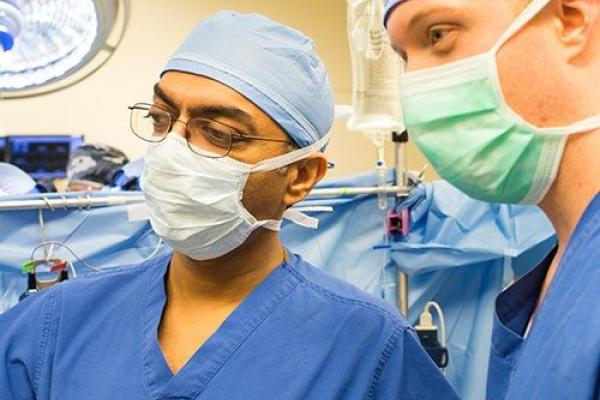
Q: I'm an anesthesia intern and I'm really interested in cardiothoracic anesthesia. What is the best way to prepare myself to be accepted into a top fellowship program like Duke?
A: As a cardiothoracic anesthesiologist myself and a former cardiothoracic fellowship program director, the best preparation for a top-tier cardiothoracic fellowship (or any subspecialty fellowship) is by building a strong foundation in the fundamentals of anesthesiology during your residency training. Many trainees have asked me if they need to learn echocardiography prior to doing a CT fellowship. The answer is an emphatic no. An outstanding CT anesthesiology fellowship like Duke’s has the faculty and resources to train you in echocardiography as part of your fellowship training. However, if you have the opportunity at your institution to learn about echocardiography through simulator training or clinical exams, you can start to build your foundation in echocardiography. But again, this is not a requirement to enter a great fellowship program and echo training should not supplant gaining knowledge and experience in anesthesia. Obviously, some exposure to cardiothoracic cases prior to fellowship is preferred — we want to know you based your career decision on experience.
Work ethic and curiosity are important, too. You can demonstrate those traits by working on projects in residency that interest you. Additionally, most programs look at in-training exam scores and USMLE scores. Why? During your one-year fellowship, you will be learning cardiothoracic anesthesiology, taking the written boards, maybe taking the oral boards, looking for a job, and taking the advanced transesophageal echocardiography exam. We want to make sure you can manage test performance with all the other responsibilities of a fellowship year.

